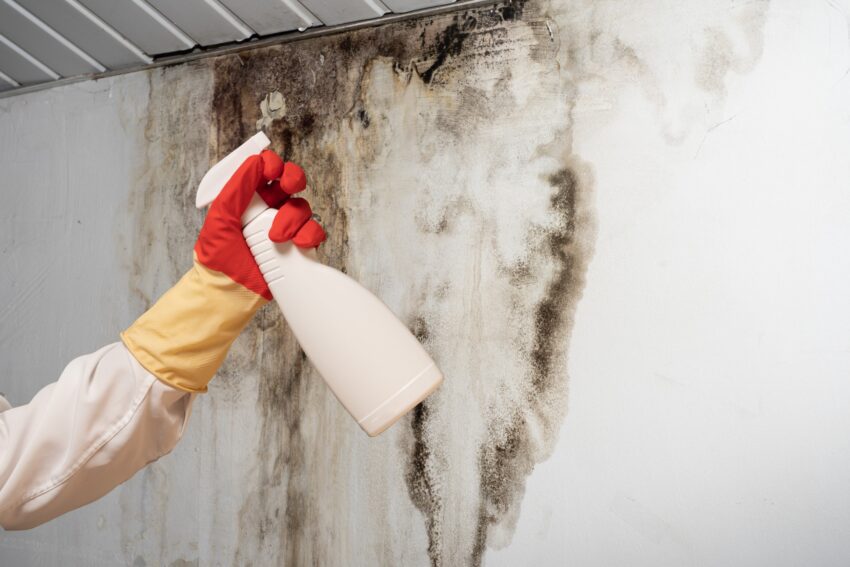Few things can reduce the value of a house as quickly as mold. They are a type of fungus, which is a family of creatures that grow best in damp, humid environments. Many people wonder what kind of effects mold can have on their health. There are different kinds of mold, some of which can affect humans. This article will highlight some of the ways mold can affect humans.
Know Where To Find Mold
Within the home, mold mainly grows in the kitchen, bathrooms, or anywhere water flows or gathers. Most types of mold appear as fuzzy, discolored patches on walls, ceilings, and floors. Certain mold species thrive on foodstuffs. The effect of mold on health can vary depending on the mold type present and the exposure level. Here are some of the dangers of mold:
Mold Can Cause Allergic Reactions
Some individuals may experience no health problems when exposed to common mold strains. On the other hand, others may develop allergic reactions or other symptoms. This is common with people who have respiratory illnesses or suppressed immune systems.
Mold produces spores that can be released into the air and inhaled. When these spores enter the body, an immune response can cause an allergic reaction. This might trigger sneezing, a runny nose, itchy eyes, and a skin rash. People with asthma or other respiratory conditions may experience more severe symptoms, such as wheezing, chest tightness, and difficulty breathing.
Mold Can be Toxic
In addition to causing allergic reactions, exposure to mold can also be toxic to the human body. Certain types of mold produce toxins known as mycotoxins. These toxins can cause severe health effects, such as acute poisoning, immune deficiencies, and cancer.
Prolonged Exposure Is More Dangerous
The longer you are in contact with mold, the more likely you will experience severe symptoms. No signs or vague symptoms of mold exposure may occur with minimal contact. Research shows that long-term exposure to mold might cause chronic respiratory conditions or worsen existing ones. Studies have also linked mold exposure to the development of neurological symptoms, including memory loss and mood changes.
Infants and the Elderly Are More Susceptible to the Effects of Mold
Babies and young children may be particularly at risk from the effects of mold. Studies show that early mold exposure in infants increases the risk of acquiring asthma later in life.
Seniors tend to have weaker immune systems, and many have lower lung function than average. In addition, they frequently take medications for other health issues, which makes them high-risk and more sensitive to the effects of mold.
Take Precautions to Keep Your Home Free of Mold
To prevent mold’s adverse effects on health, controlling its growth is vital. This includes keeping indoor humidity levels low, fixing leaks promptly, and using a dehumidifier in damp areas. If mold is already present, professionals should clean it up immediately.
Research is still ongoing to understand the effects of mold fully. What is certain is that it has adverse effects on health. Taking steps to control and prevent mold growth can help protect the health of individuals and families.


